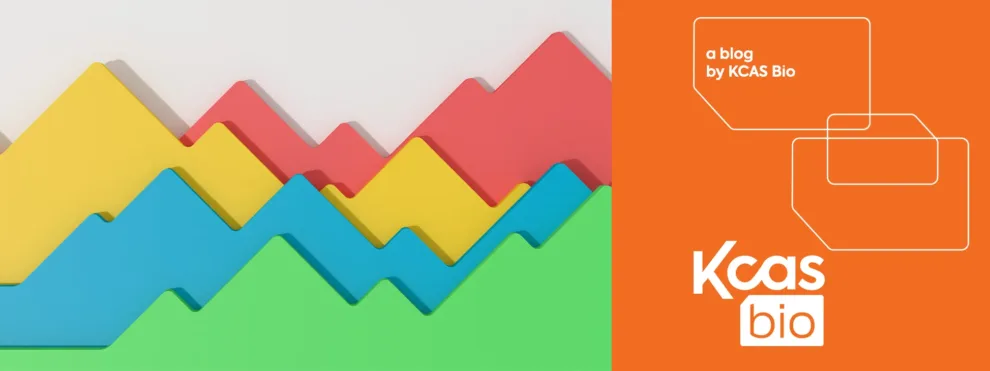Biomarker assay development is pivotal to clinical research and the success of a study, yet the journey from qualification to validation is often complex. In this blog, we discuss four must-know essentials to optimize your assay development process.
1. Understand the Context of Use: Qualification vs. Validation
- The FDA emphasizes “Context of Use” as the key criterion for whether an assay requires qualification or full validation. Knowing when to choose one over the other can streamline your compliance efforts leading to time and financial savings.
- While primary and secondary endpoints require validation, exploratory endpoints typically require a level of qualification dependent on the end use of the biomarker.
2. Choosing the Right LBA Bioanalytical Platform
- The main aspects to consider include sample type, volume, and the required sensitivity for biomarker detection. Platforms like ELISA, MSD, and Luminex each offer unique benefits for different study needs. Selecting the best platform for your assay ensures robust and reproducible results.
- There has been a lot of development in multiplex platforms such as MSD and Luminex, making these platforms very adaptable to both qualified and validated assays
3. Critical Reagent Stability and Lot Consistency
- Lot-to-lot variability in reagents can drastically impact assay performance. Ensuring consistency in critical reagents is crucial.
- When developing a biomarker assay, it’s important to understand the lifetime of the assay, number of samples to be analyzed, and stability of the biomarkers. During qualification/validation, multiple lots of reagents should be analyzed to understand the robustness of an assay. Plans should be put into place to bridge lots of critical reagents when required.
4. Global Study Logistics and Sample Processing
- Differences in sample collection and processing across clinical sites can introduce variability. It is important to understand this prior to sample analysis.
- Sample collection and processing are a large part of method feasibility/development. Understanding the stability of samples and logistics in global studies plays a crucial role in a clinical study
For an in-depth look at overcoming these challenges, explore our full presentation. Visit KCAS Bio Webinar- Biomarker Assay Development: Qualification Vs Validation Debate – KCAS Bio to gain access and learn how to set up your biomarker assays for success!

